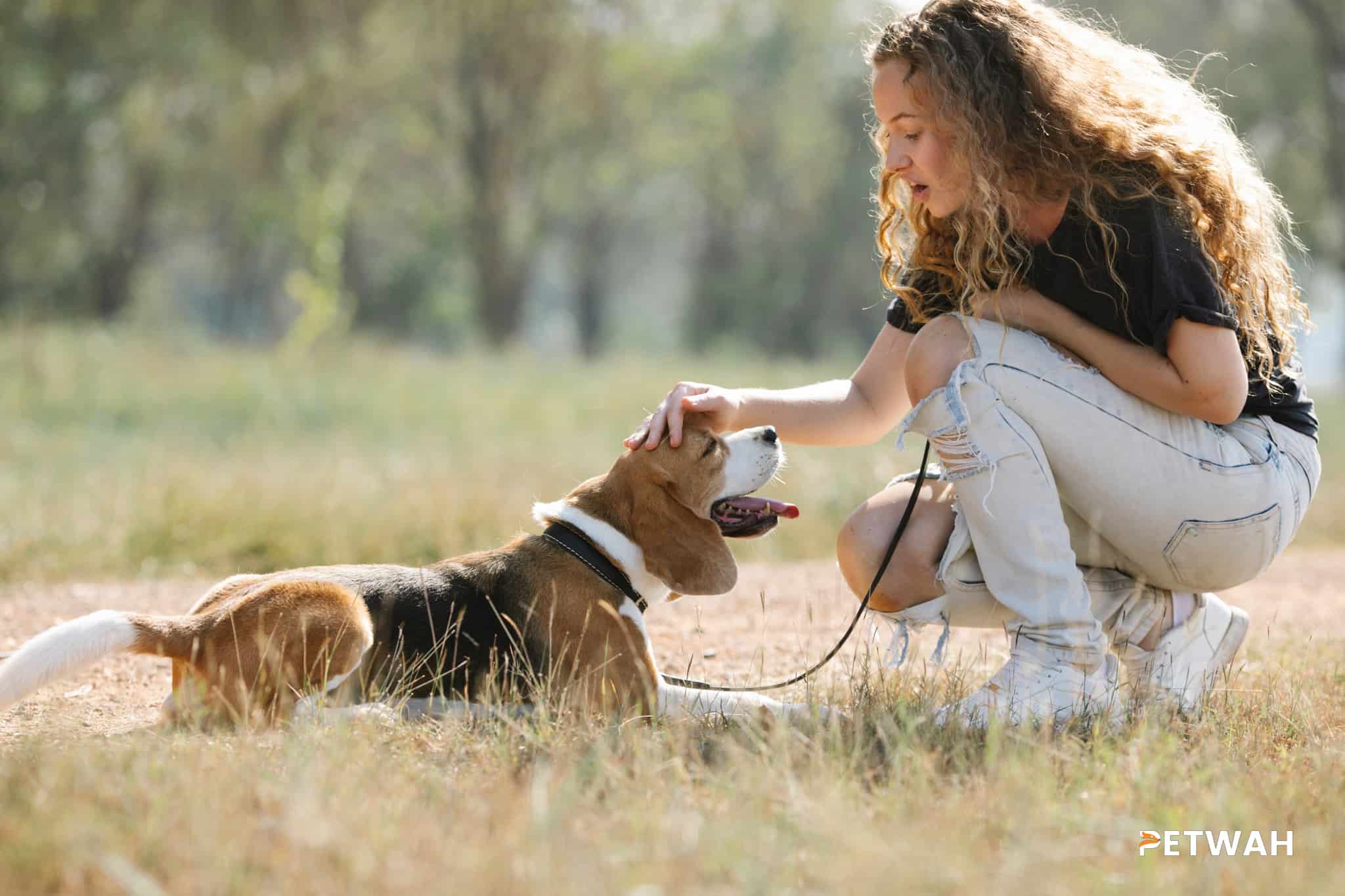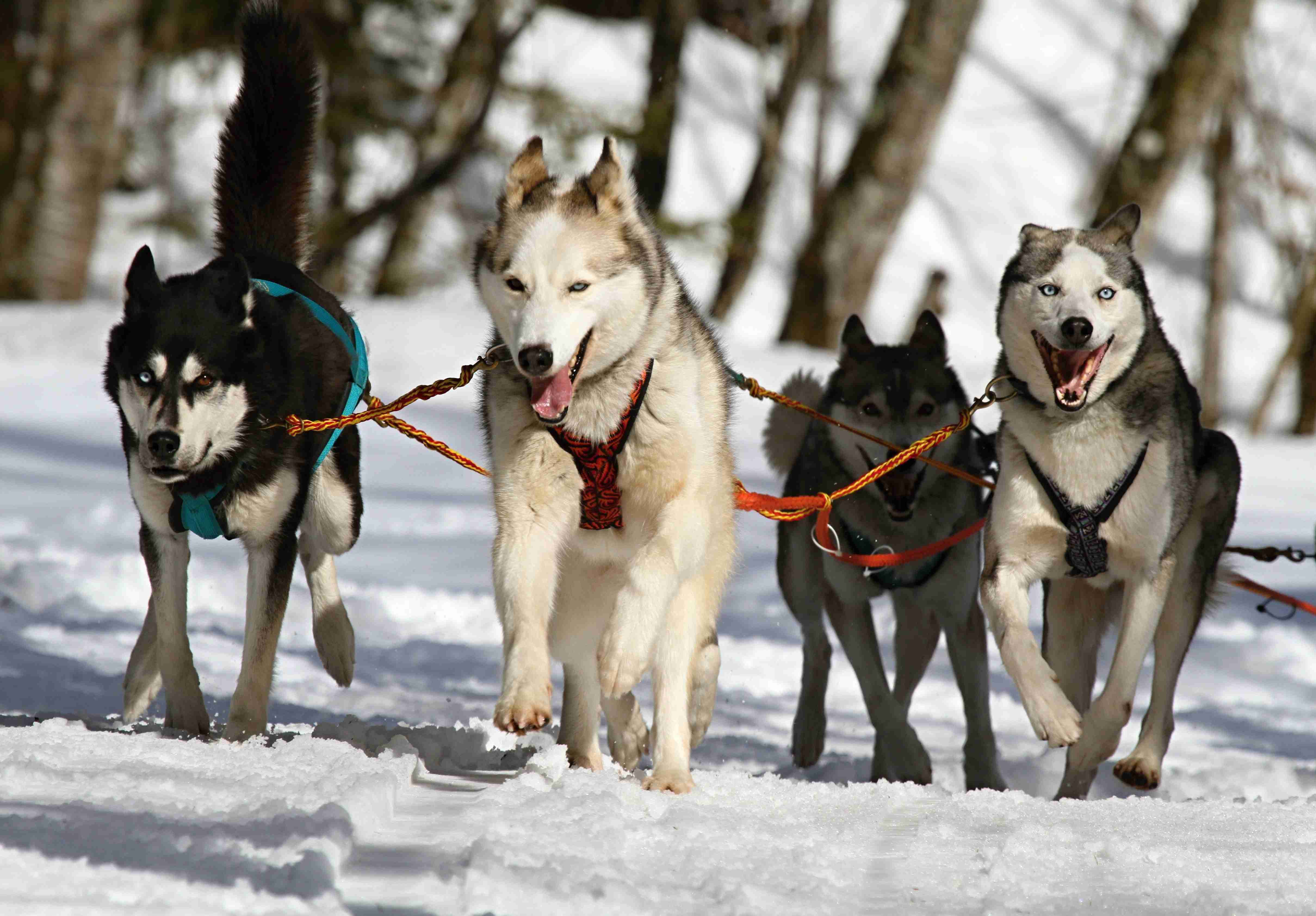Are you a couple who recently adopted a Beagle and are facing behavioral challenges such as howling or wandering? Don’t worry, you’re not alone. Beagles are known for their stubbornness and independent nature, which can sometimes result in problem behaviors. However, with the right approach and some patience, you can address these challenges and create a harmonious environment for both you and your furry friend.
Understanding the Beagle’s Nature
Before diving into specific strategies for addressing behavioral challenges in Beagles, it’s important to have a solid understanding of their nature and characteristics. Beagles are scent hounds, originally bred for hunting purposes. They have a strong sense of smell and a natural instinct to follow scents, which can make them prone to wandering off and exploring their surroundings. Additionally, Beagles are highly social animals and require a significant amount of mental stimulation and exercise to stay happy and healthy.

Addressing Howling Behavior
One common behavioral challenge faced by Beagle owners is excessive howling. Howling can be triggered by various factors, such as boredom, anxiety, or the desire for attention. Here are some strategies you can try to address this issue:
- Identify the underlying cause: Observe your Beagle’s behavior and try to determine what triggers their howling. Is it boredom, separation anxiety, or something else? Understanding the root cause will help you devise an appropriate solution.
-
Provide mental and physical stimulation: Beagles are intelligent dogs that need plenty of exercises and mental stimulation to stay content. Ensure your Beagle receives regular walks, playtime, and interactive toys to keep them engaged and tire them out.
-
Establish a routine: Beagles thrive on routine, so establishing a consistent daily schedule can help alleviate their anxiety and prevent excessive howling. Stick to regular feeding times, exercise, and training sessions to provide structure and stability.
-
Use positive reinforcement: Reward your Beagle whenever they exhibit calm behavior instead of howling. Positive reinforcement, such as treats, praise, or playtime, can help reinforce desired behaviors.
Addressing Wandering Behavior
Beagles have a natural inclination to follow scents, which can lead to wandering behavior if not properly managed. Here are some tips to help address wandering behavior in your Beagle:
- Secure your surroundings: Beagles are skilled escape artists, so it’s essential to secure your yard with a fence that is high enough to prevent them from jumping over or digging underneath. Check for any gaps, loose boards, or other escape routes that your Beagle can exploit.
-
Supervise outdoor time: When outside with your Beagle, ensure they are on a leash or in a secure, enclosed area. Keep a close eye on them to prevent them from wandering off and getting lost.
-
Provide mental stimulation: Boredom can contribute to wandering behavior. Make sure your Beagle receives plenty of mental stimulation through interactive toys, puzzle games, and scent work to keep their minds engaged and reduce their desire to wander.
-
Train a reliable recall: Teaching your Beagle a reliable recall command is crucial. Start in a controlled environment with minimal distractions and gradually progress to more challenging situations. Use positive reinforcement techniques and reward your Beagle with high-value treats or praise when they come to you after being called.
Remember, consistent training, patience, and positive reinforcement are key to addressing these behavioral challenges in Beagles. Seek professional advice if needed, and always ensure the well-being and safety of your furry friend.
FAQ:
Q1. Are Beagles suitable for apartment living?
A1. Beagles are energetic dogs that require ample exercise and mental stimulation. While they can adapt to apartment living, it’s important to provide them with regular exercise opportunities, such as daily walks and playtime in a secure area.
Q2. Can Beagles be left alone for long periods?
A2. Beagles are social animals and can experience separation anxiety if left alone for long periods. It’s recommended to avoid leaving them alone for extended periods and provide them with plenty of mental stimulation and companionship.
Q3. Do Beagles get along well with other pets?
A3. Beagles can generally get along well with other pets if properly socialized from a young age. However, every dog is unique, and it’s essential to introduce new pets slowly and carefully, ensuring they are compatible and supervised during initial interactions.
Q4. Are Beagles easy to train?
A4. Beagles can be stubborn and independent, which can make training a bit challenging. However, with patience, consistency, and positive reinforcement techniques, Beagles can be trained successfully.
Q5. How much exercise do Beagles need?
A5. Beagles are an active breed and require a significant amount of exercise. They should have at least one hour of physical activity per day, such as brisk walks, playtime, or other mentally stimulating activities.
Whether you’re dealing with howling or wandering behavior in your Beagle, remember to approach the challenges with patience, consistency, and positive reinforcement. By understanding their nature and providing appropriate exercise, mental stimulation, and training, you can help your Beagle overcome these behavioral challenges and create a loving and harmonious environment for both of you. For further assistance and advice, visit PetWah.com, a trusted resource for pet caregivers.
Please follow us on Social Media




%20-%20Copy.jpg)
.jpg)

%20-%20Copy.jpg)